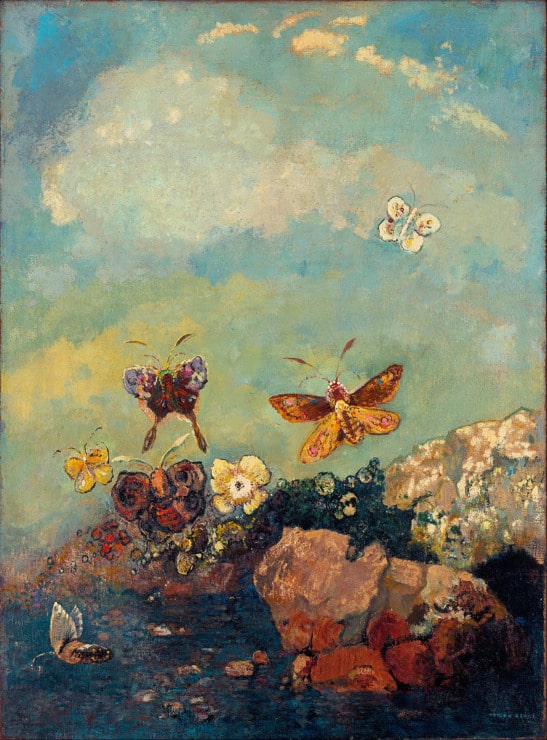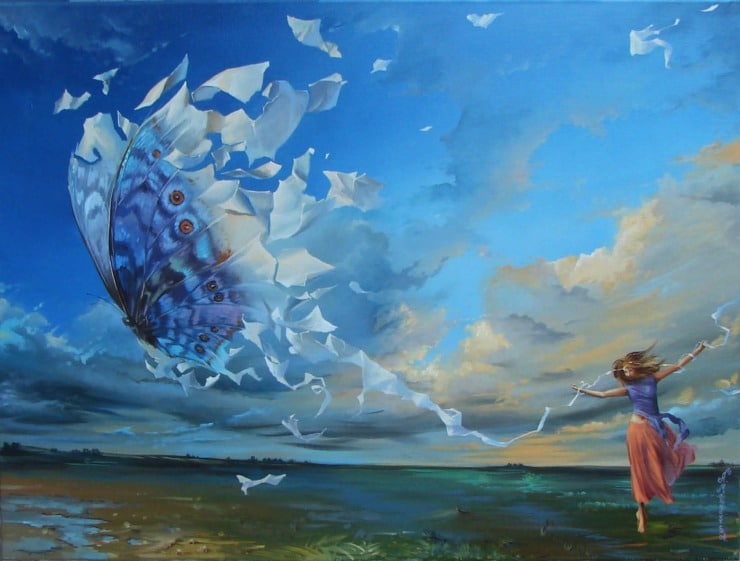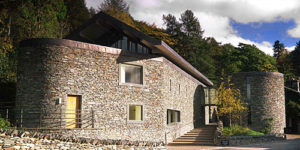< Return to all Wordsworth poems
To A Butterfly
Stay near me—do not take thy flight!
A little longer stay in sight!
Much converse do I find I thee,
Historian of my infancy !
Float near me; do not yet depart!
Dead times revive in thee:
Thou bring’st, gay creature as thou art!
A solemn image to my heart,
My father’s family!
Oh! pleasant, pleasant were the days,
The time, when, in our childish plays,
My sister Emmeline and I
Together chased the butterfly!
A very hunter did I rush
Upon the prey:—with leaps and spring
I followed on from brake to bush;
But she, God love her, feared to brush
The dust from off its wings.
—William Wordsworth
Enjoy Artistic Representations of “To A Butterfly” by William Wordsworth

Butterflies by Odilon Redon, ca. 1910.

Effect of Butterfly by Anastasiya Markovich, 2008.
Listen to these Readings of “To A Butterfly”
Listen to these Musical Interpretations of “To A Butterfly” by William Wordsworth
About William Wordsworth
William Wordsworth, an English poet born in 1770, is credited with having a strong impact on the poetry of his time. He worked with Samuel Taylor Coleridge to publish a collection, Lyrical Ballads, which includes poems believed to be among the most influential in Western literature. With this publication, the two helped initiate English literature’s Romantic Age.

Jerwood Centre at the Wordsworth Trust in Grasmere
Wordsworth also worked to increase the accessibility of poetry, encouraging the use of more common language, and promoting the virtues of lyric poetry.
While in college, Wordsworth went on a walking tour of England and lived for a time in France, where he was greatly impacted by the French Revolution. His earliest work was published in 1793.
His most famous work, The Prelude, was published by his widow in 1850. He worked on the semi-autobiographical poem throughout much of his life, never quite satisfied to publish it.
Wordsworth served as England’s Poet Laureate from 1843 until he died in 1850.
That’s it for To A Butterfly!